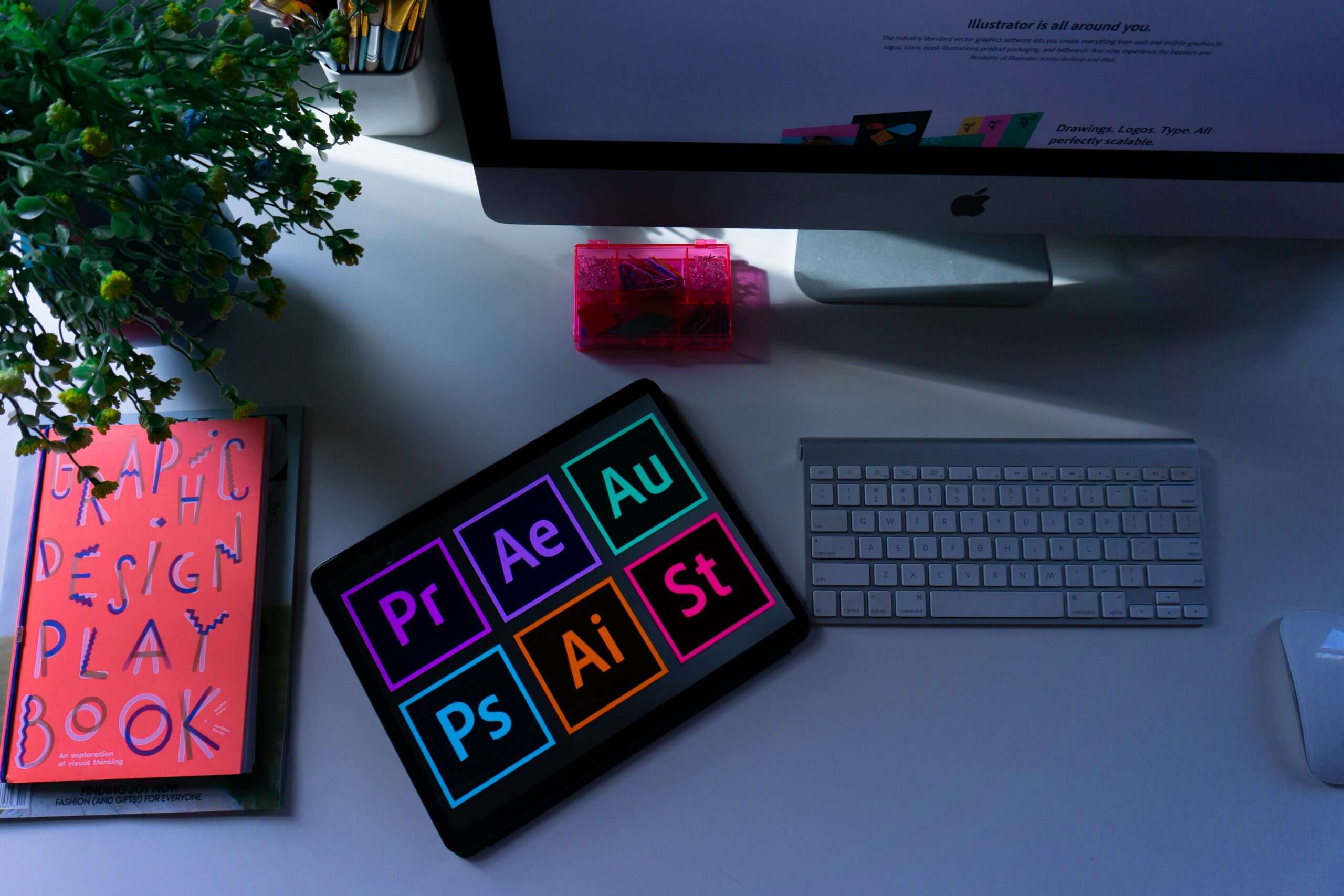Adobe shares fell sharply this week after analysts downgraded the stock, warning that artificial intelligence (AI) could disrupt its core software business. The downgrade reflects growing market concerns that generative AI tools are reshaping the creative industry faster than traditional software companies can adapt.
AI’s Disruption of Creative Tools
Generative AI platforms are increasingly capable of producing images, videos, and designs that rival professional work. Many of these tools are low-cost—or even free—posing a threat to Adobe’s subscription-based model.
With AI now able to automate tasks such as photo editing, graphic design, and video production, some users may opt for AI-driven alternatives instead of relying on premium software suites like Photoshop and Illustrator.
Market Reaction to the Downgrade
Following the downgrade, Adobe’s stock dropped significantly, erasing billions in market value. Analysts cited concerns that the company’s growth could slow if AI-driven platforms continue to gain adoption at the expense of traditional creative software.
Investors are also watching to see how effectively Adobe can integrate AI into its products to retain its customer base. While the company has launched AI features under its “Firefly” brand, competition in the AI creative space is intensifying.
The Competitive Landscape
Startups and tech giants alike are racing to release generative AI tools that promise faster, cheaper, and more accessible creative capabilities. Platforms such as Midjourney, DALL·E, and Canva’s AI features are attracting millions of users, challenging Adobe’s dominance in the design software market.
Adobe’s challenge lies in balancing innovation with its existing business model. Moving too slowly risks losing relevance, while aggressive AI integration could disrupt its own subscription revenue.
The Road Ahead for Adobe
Despite the downgrade, Adobe remains a major player in creative technology. Its vast user base, brand reputation, and deep integration across creative workflows give it an advantage. However, success in the AI era will require bold innovation and strategic pricing to stay competitive.


